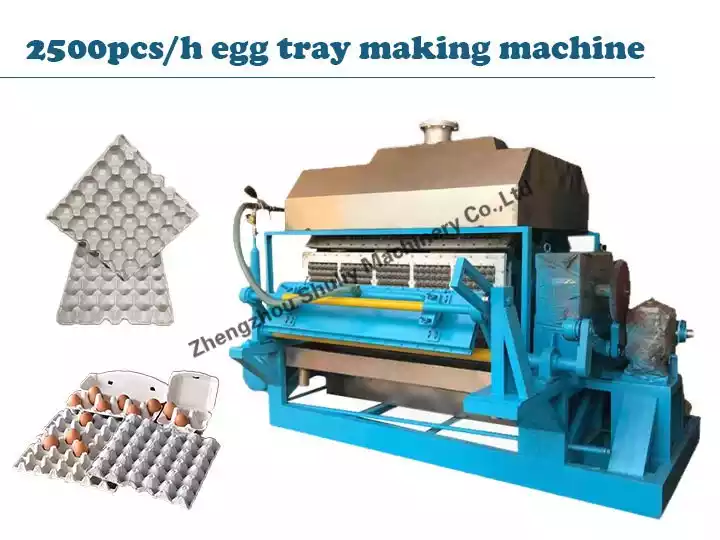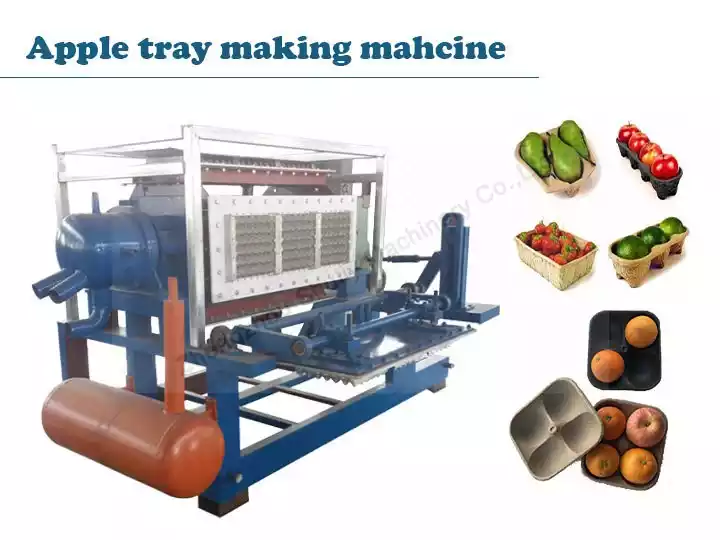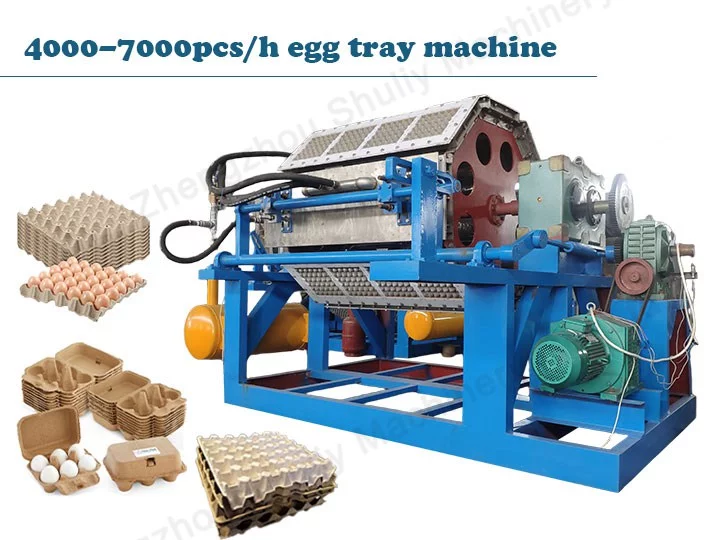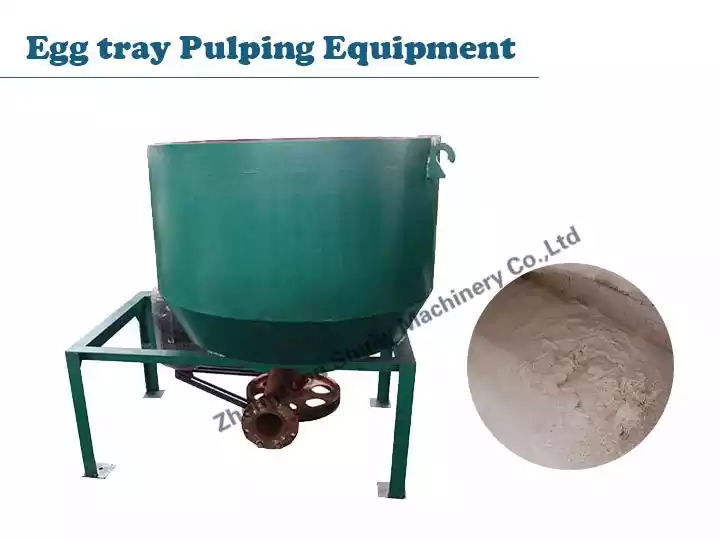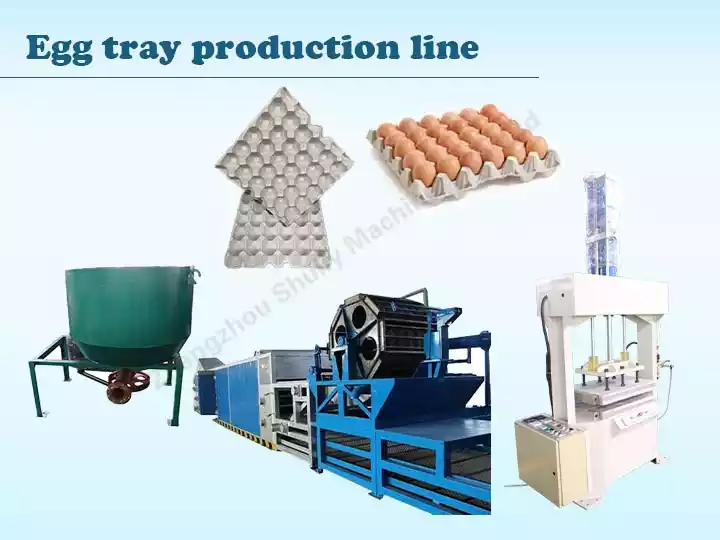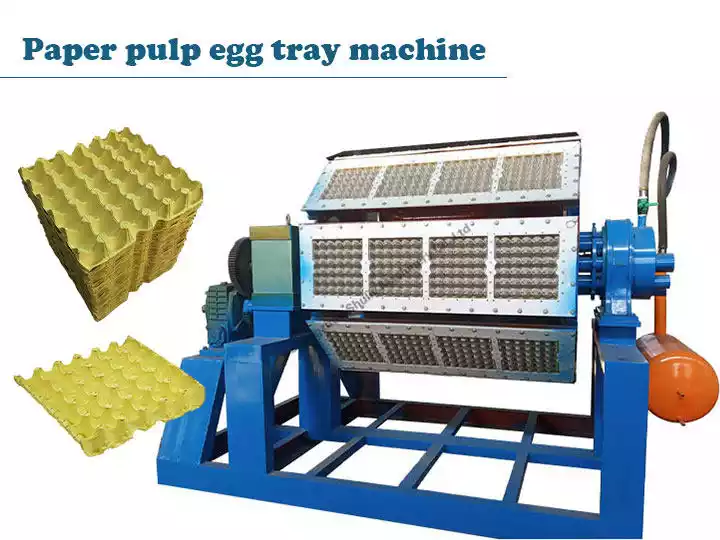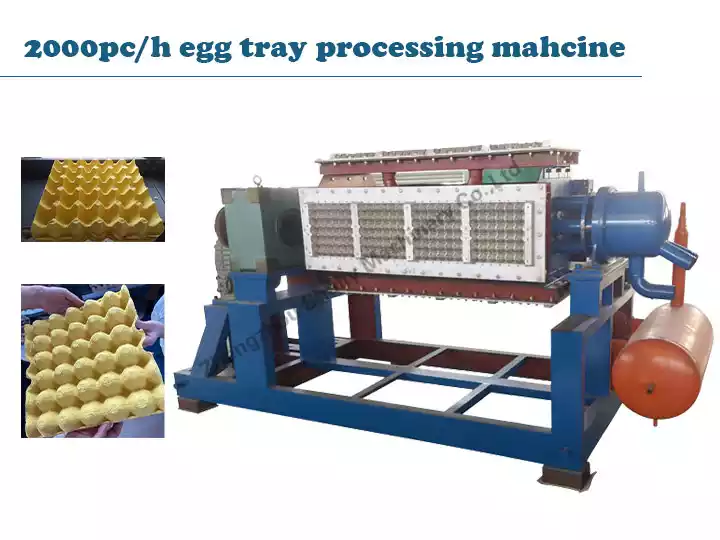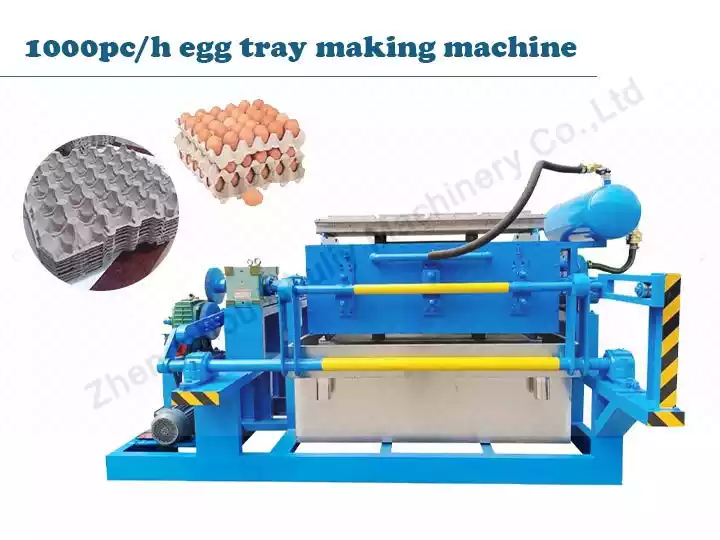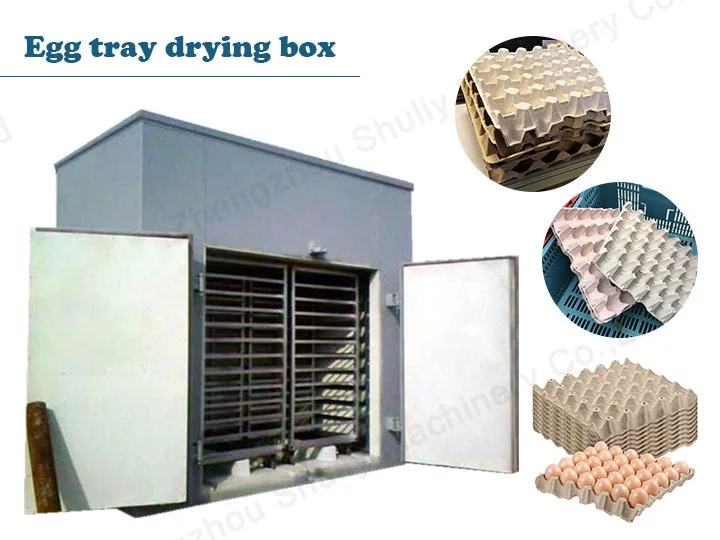How Ugandan Customers Turn Waste into Treasure Using Egg Tray Machines
Are you holding a large amount of cheap waste paper resources, but worried about the high breakage rate and packaging costs of poultry and egg products? In distant Uganda, a forward-thinking poultry farmer faced the same challenges.
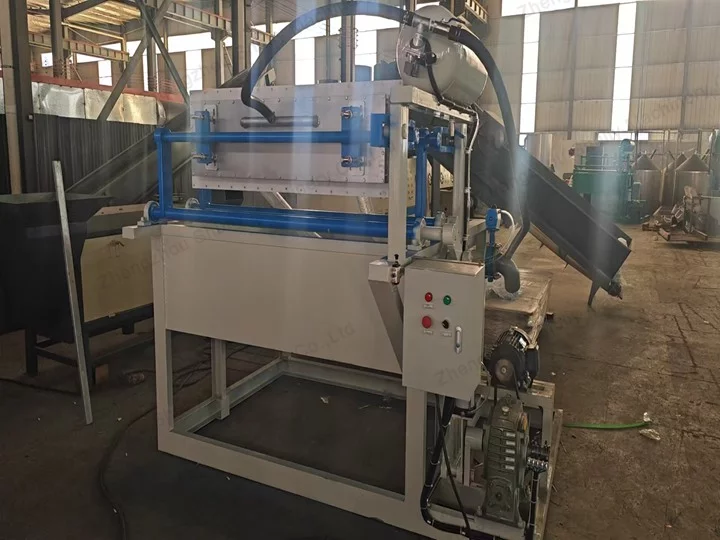
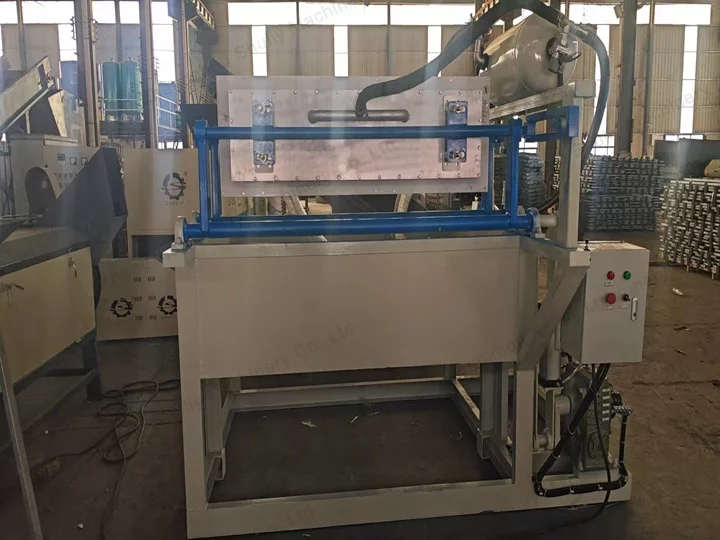
Client background
This Ugandan client operates an expanding poultry farm producing thousands of eggs daily.
Locally, poultry farmers like him commonly face two major challenges: first, high breakage rates during egg transportation and sales due to inadequate protection.
Second, the daily accumulation of waste cardboard boxes and newspapers from local communities and businesses, which are often disposed of cheaply or discarded, results in resource waste.
The client keenly recognized that converting this waste paper into egg cartons could not only meet his own packaging needs and reduce costs but also create a promising new business opportunity. Surplus cartons could be sold to neighboring poultry farmers.
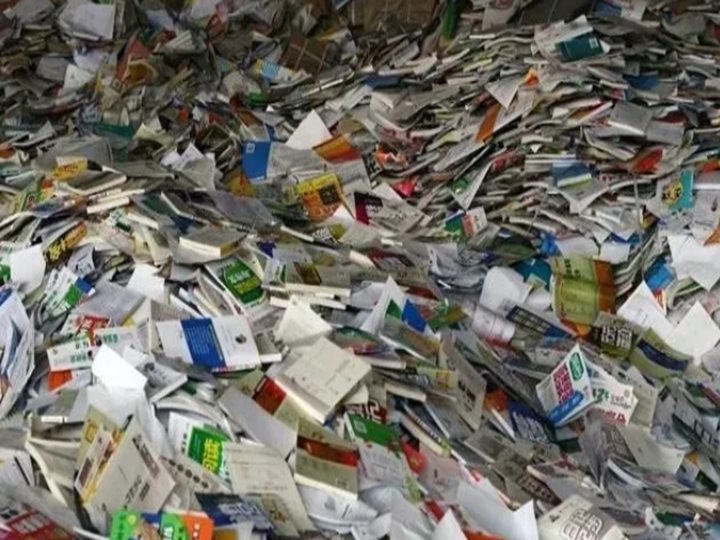
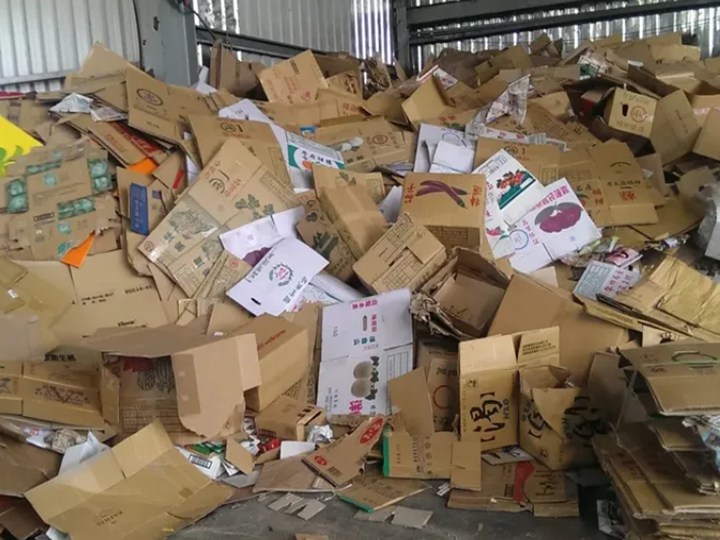
Shuliy’s solutions
What we offer our clients is not merely a machine, but a comprehensive solution that addresses problems at their source.
Upon receiving the client’s initial inquiry, our project manager responded promptly, providing a detailed explanation of the entire process—from waste paper pulping and vacuum forming to natural air-drying.
Ultimately, we recommended the highly cost-effective Model 4-1 semi-automatic egg tray machine, tailored to their needs. This model offers moderate output, making it ideal for small to medium-sized farms or start-up investors.
Its accompanying pulping machine and vacuum pump have also been optimized for the best energy efficiency ratio.
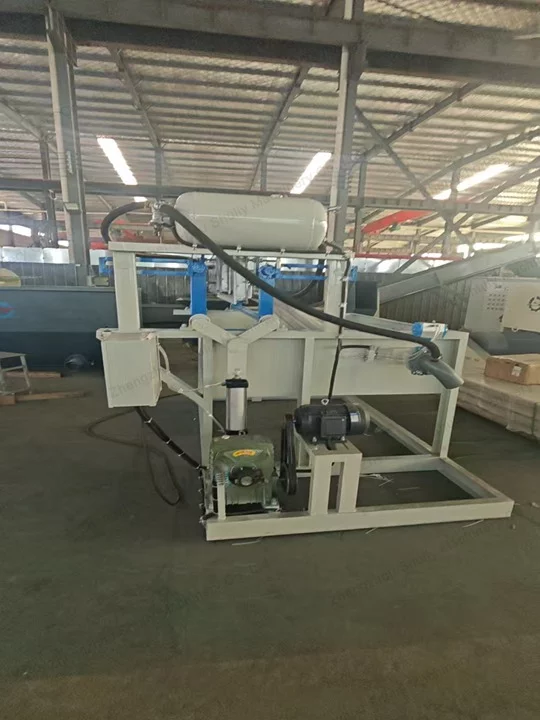
Why choose Shuliy?
After comparing multiple suppliers, the client ultimately chose us. They discovered that Shuli’s egg tray machines incorporate detailed designs that fully address the practical needs of overseas customers:
Customized solutions tailored to local conditions: understanding that Uganda’s voltage standards differ from China’s, we proactively customized the voltage and plugs to meet their specifications, ensuring the equipment is ready for immediate use upon arrival.
User-friendly operational support: considering the client’s factory layout, we specially designed and provided complimentary custom carts for effortlessly transferring freshly formed wet egg trays, significantly boosting workshop efficiency.
Precise process control: our equipment allows fine-tuning of critical production parameters. Clients can flexibly adjust pulp concentration and drying time based on local climate conditions.
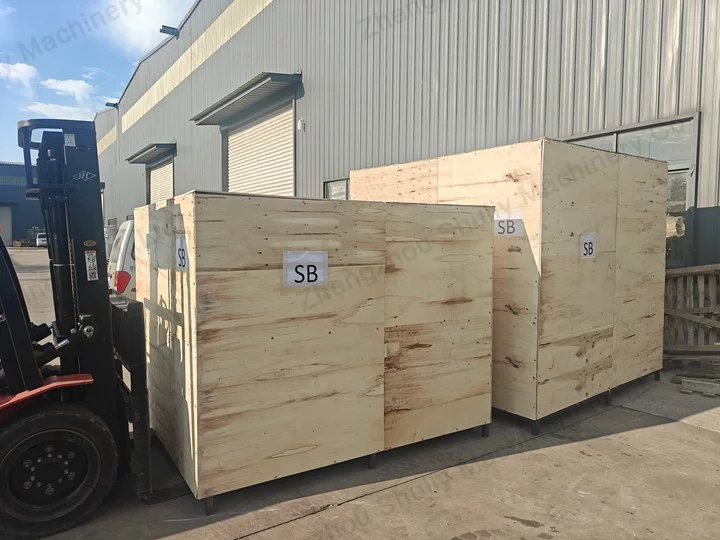
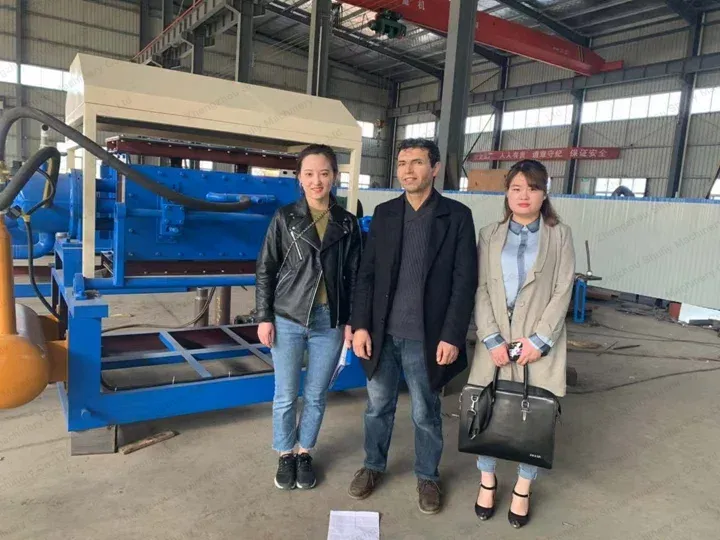
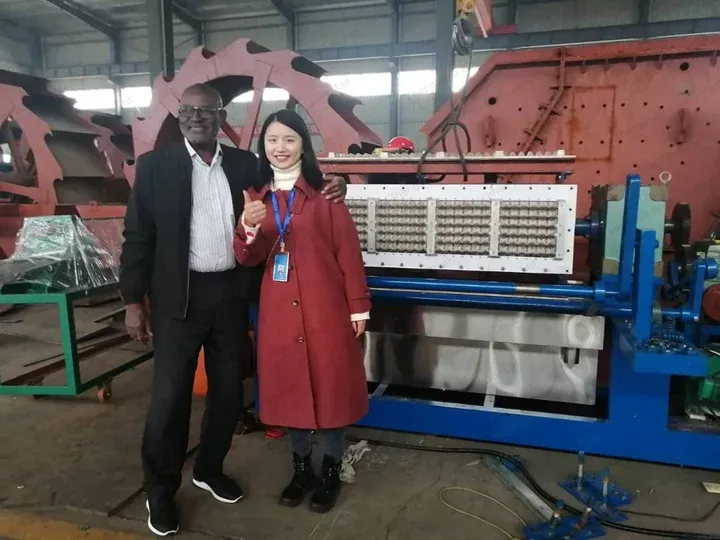
Service that exceeds expectations
We understand the concerns clients face with cross-border procurement. That’s why we offer comprehensive, transparent services, ensuring peace of mind even from miles away:
Authentic test run videos: before shipping equipment, we conduct full startup tests using waste paper similar to the client’s raw materials. We capture clear test run videos and send them to the client, allowing them to witness the equipment’s superior performance firsthand.
Ultimate packaging protection: after rigorous quality inspection, the equipment undergoes multi-layer wrapping with waterproof stretch film to prevent moisture and scratches during transit. It is then securely sealed in reinforced, fumigation-free wooden crates, ensuring flawless delivery during long-distance sea transport.
Real-time video inspection: during the final packing stage, we proactively invited the client to join a video call. This allowed them to inspect every detail of the equipment and packaging in real time, truly delivering “what you see is what you get.”
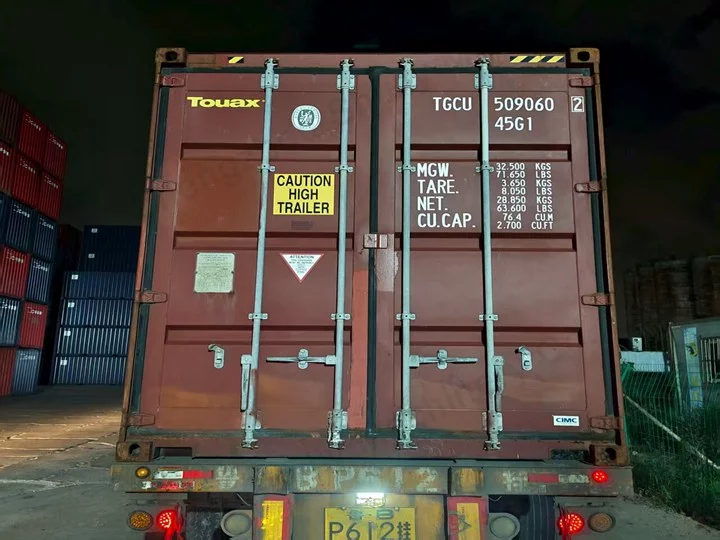
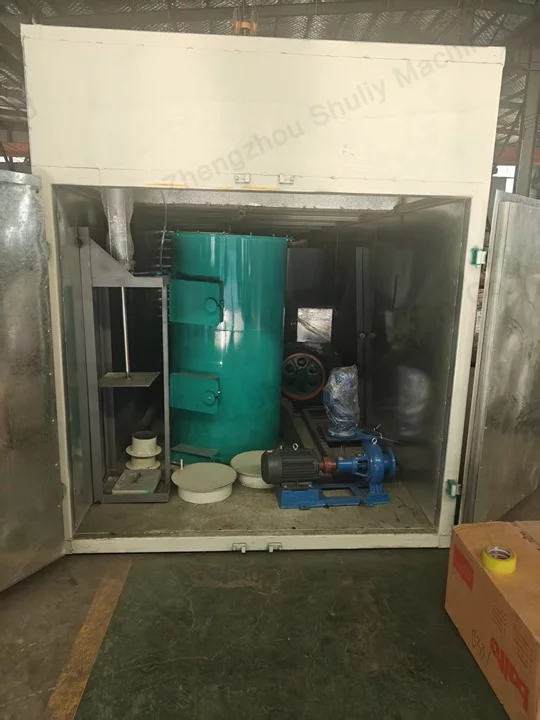
Customer feedback
After the equipment arrived safely in Uganda, the customer praised our sturdy and professional packaging. During installation, our technical engineer guided the customer’s team step by step through remote video calls to complete the equipment setup and commissioning.
The customer enthusiastically shared: “Shuliy’s machines and service exceeded my expectations! Now my poultry farm not only achieves self-sufficiency in egg trays but also supplies them to neighboring farms, generating unexpectedly substantial profits.”

